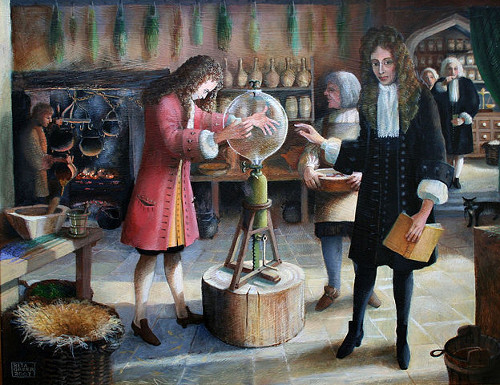“Every time an idiot dies, your IQ goes down.” — Bill Ballance
Quotations
Unquote
“Man is an exception, whatever he is. If it is not true that a divine being fell, then we can only say that one of the animals went entirely off its head.” — G.K. Chesterton
Unquote
“You can tell the character of every man when you see how he gives and receives praise.” — Seneca
“To learn a man’s character, mark how he takes a favour.” — Archbishop Richard Whately
“If all else fails, the character of a man can be recognized by nothing so surely as by a jest which he takes badly.” — G.C. Lichtenberg
“To know a man, observe how he wins his object, rather than how he loses it; for when we fail, our pride supports us — when we succeed, it betrays us.” — Charles Caleb Colton
“Judge a man by his questions rather than by his answers.” — Voltaire
Unquote
Weil’s Law of University Hiring: “First-rate people hire other first-rate people. Second-rate people hire third-rate people. Third-rate people hire fifth-rate people.” (from French mathematician André Weil)
“Slowness is frequently the cause of much greater slowness.” — Montesquieu
Unquote
“Men, who are rogues individually, are in the mass very honorable people.” — Montesquieu
Unquote
“The greatest deception men suffer is from their own opinions.” — Leonardo
“Convictions are more dangerous enemies of truth than lies.” — Nietzsche
“Opinions have caused more ills than the plague or earthquakes on this little globe of ours.” — Voltaire
“The most difficult subjects can be explained to the most slow-witted man if he has not formed any idea of them already; but the simplest thing cannot be made clear to the most intelligent man if he is firmly persuaded that he knows already, without a shadow of doubt, what is laid before him.” — Tolstoy
“Nothing is so firmly believed as that which we least know.” — Montaigne
“Opinions are made to be changed, or how is truth to be got at?” — Lord Byron
“Nothing is more conducive to peace of mind than not having any opinions at all.” — G.C. Lichtenberg
Misc

- Denver International Airport is larger than Manhattan.
- C.S. Lewis, Aldous Huxley, and John F. Kennedy died on the same day.
- Shakespeare mentions America only once, in Act 3, Scene 2 of The Comedy of Errors.
- π4 + π5 ≈ e6
- “All styles are good except the boring kind.” — Voltaire
(Thanks, Larry.)
Unquote
“The really good music, whether of the East or of the West, cannot be analyzed.” — Albert Einstein
“Aside from purely technical analysis, nothing can be said about music, except when it is bad; when it is good, one can only listen and be grateful.” — W.H. Auden
Unquote

“It is well to read everything of something and something of everything.” — Henry Brougham
“Try to learn something about everything and everything about something.” — Inscribed on Thomas Huxley’s memorial
“The whole secret of life is to be interested in one thing profoundly and in a thousand things well.” — Horace Walpole
Unquote

“They are ill discoverers that think there is no land, when they can see nothing but sea.” — Francis Bacon
